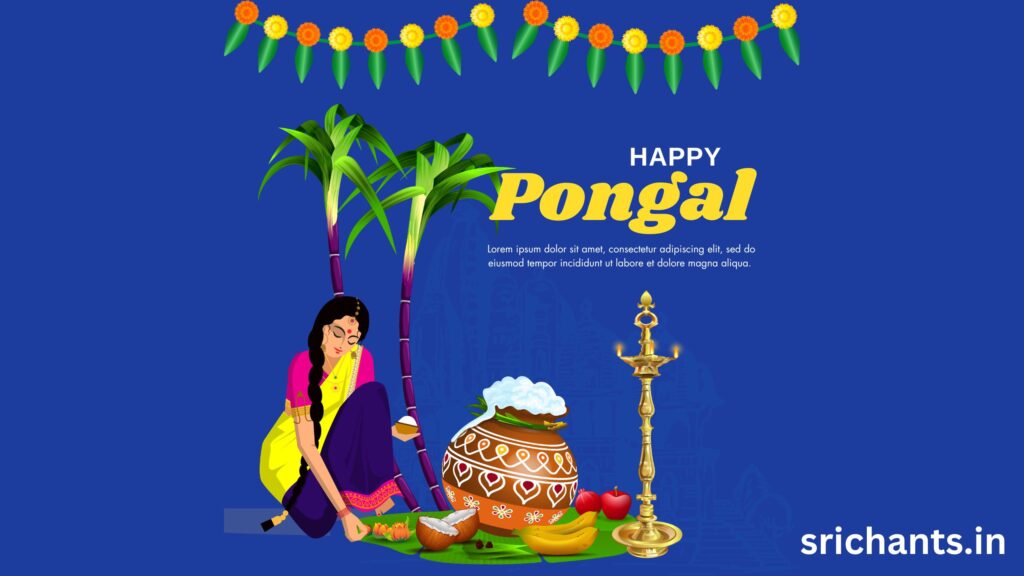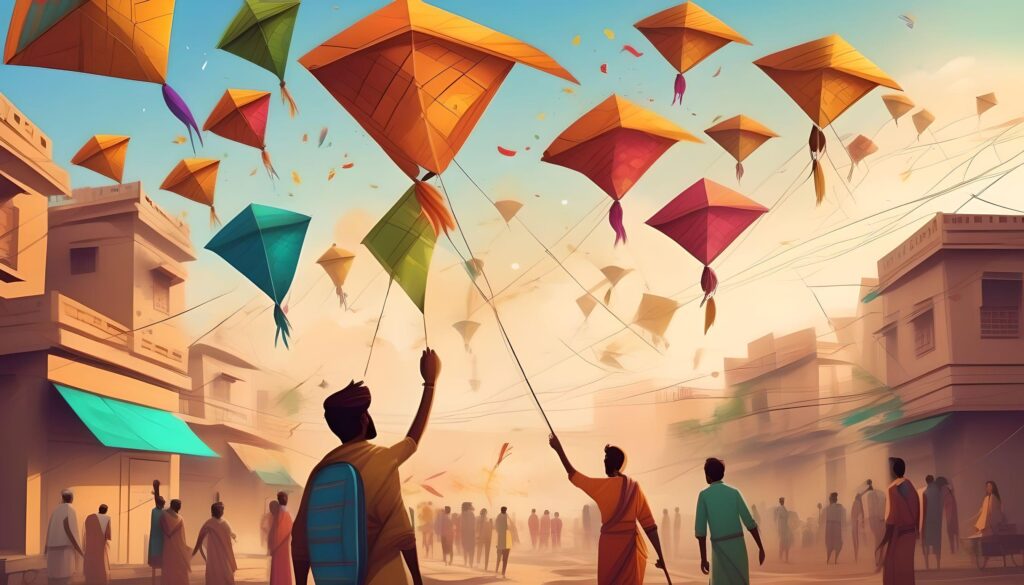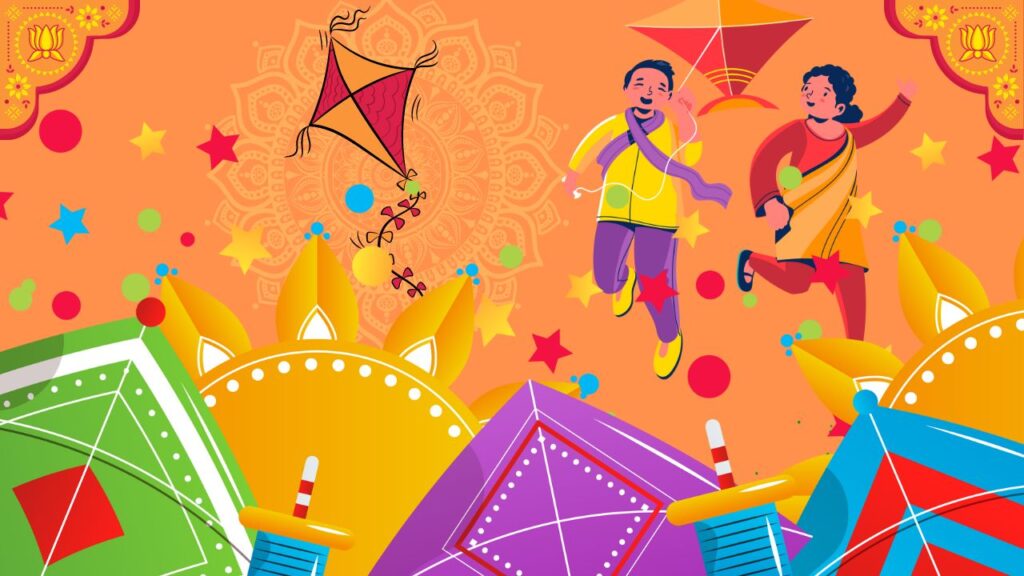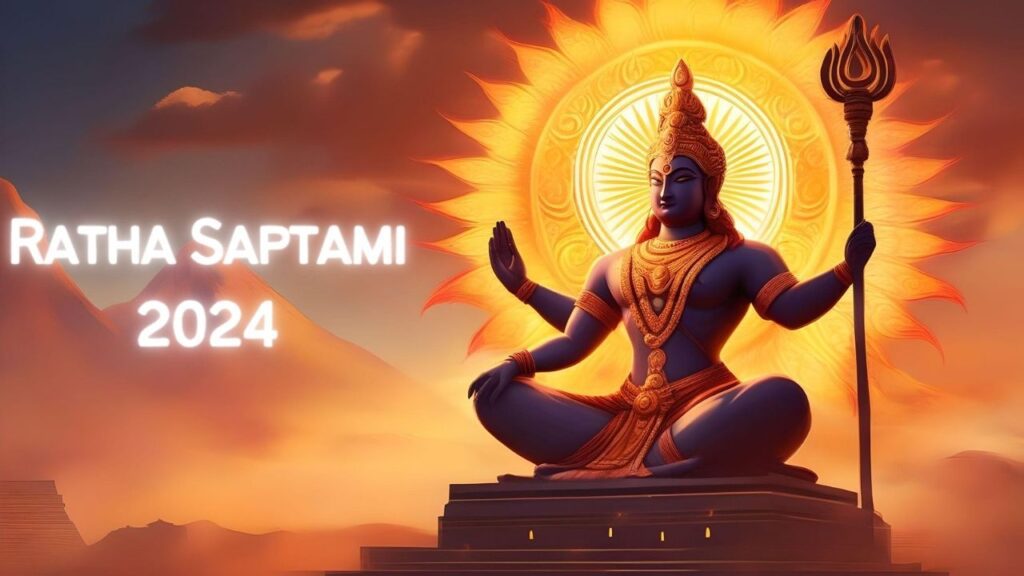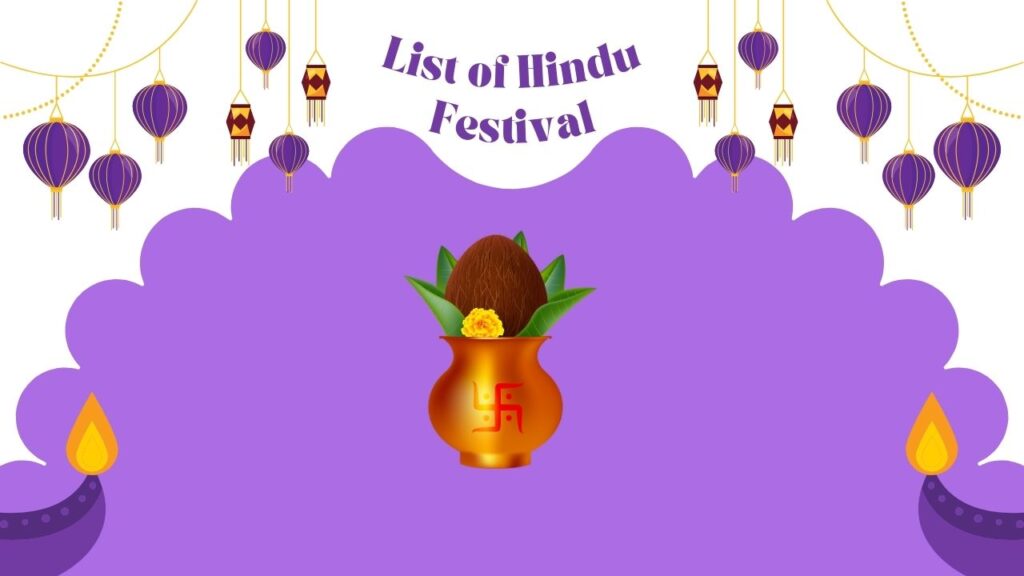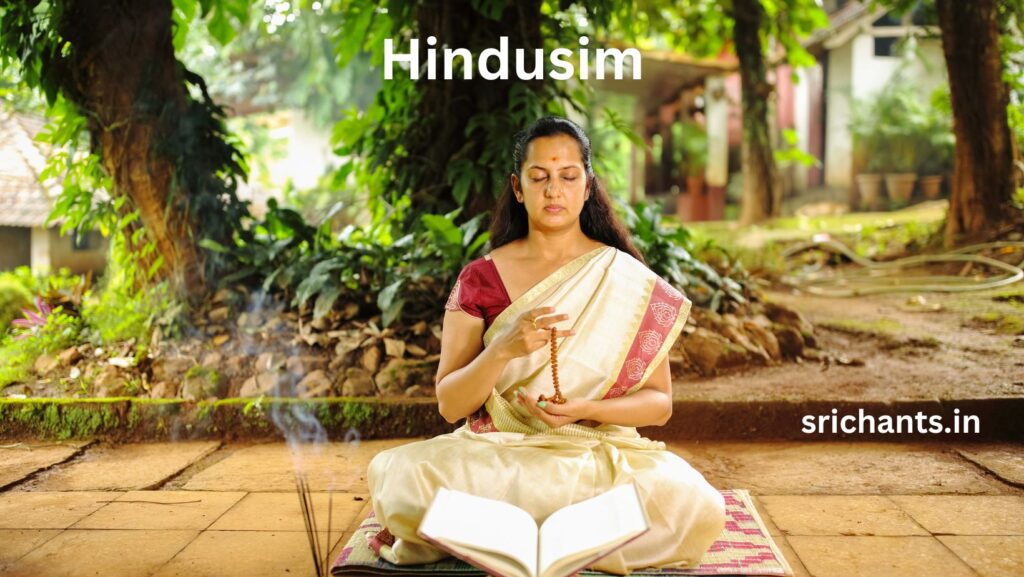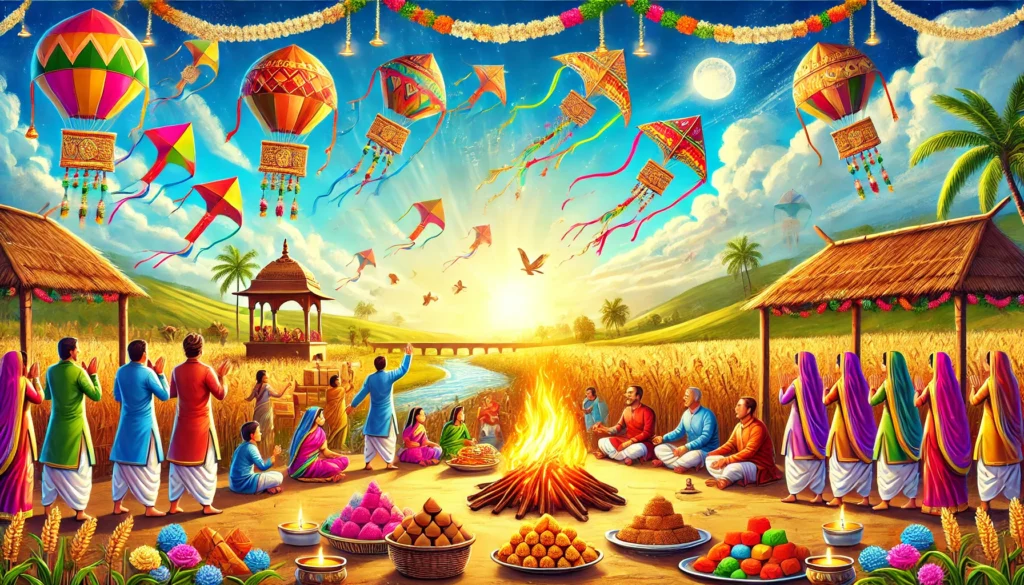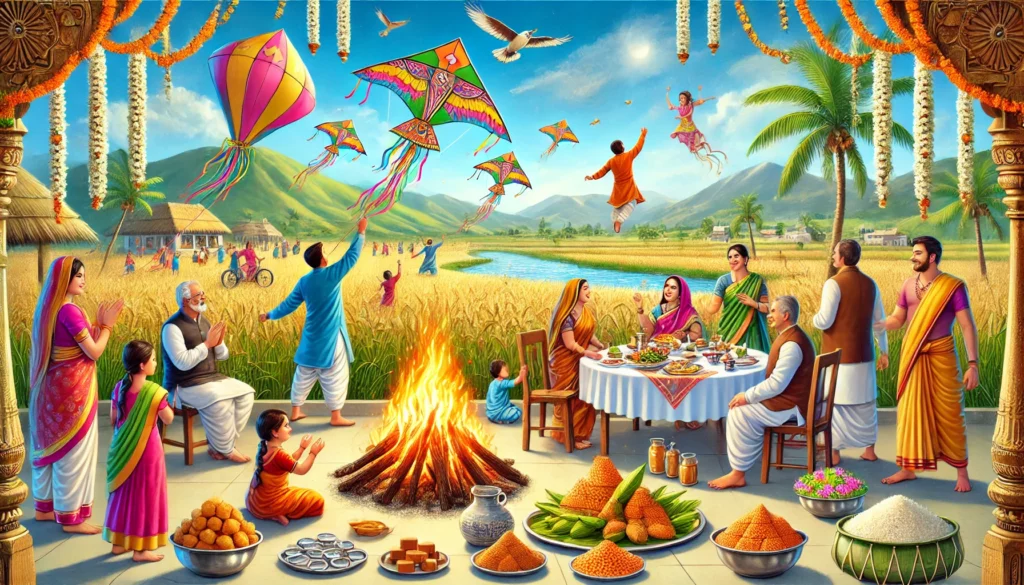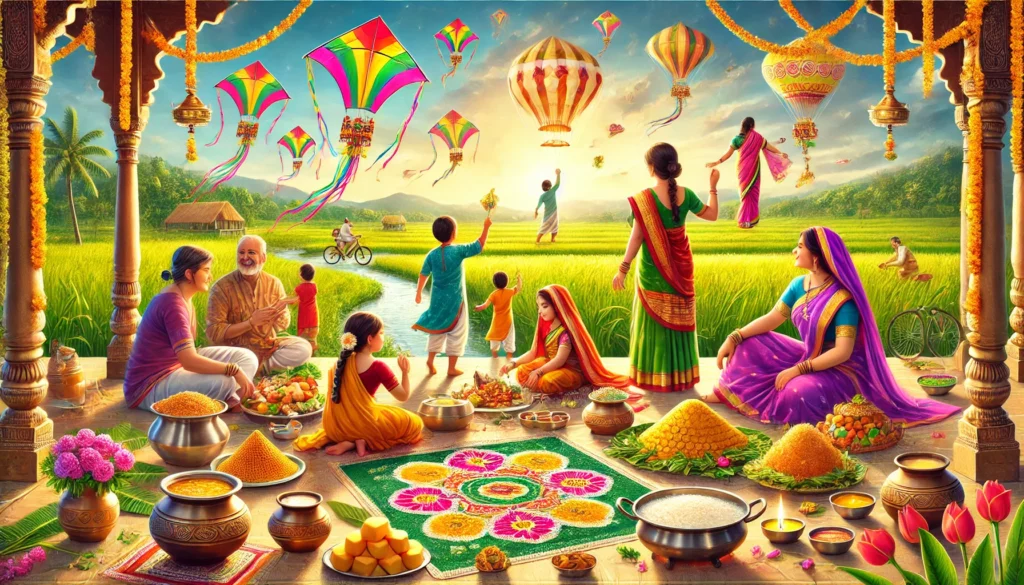Pongal Festival : The SouthIndian Famous Festival
Introduction
In the Indian state of Tamil Nadu, Pongal is a major and much-loved event. Midway through January marks the beginning of this four-day harvest festival that pays tribute to the Sun God (Surya), the natural world, and the perseverance of farmers. Originating from the Tamil term “pongu,” which means “to boil over,” its name represents an abundance of good fortune, joy, and plenty.
Makara Sankranti, the solar event that marks the Sun’s northward journey (Uttarayanam), and the beginning of the Tamil month Thai are both celebrated at the same time during this festival. Pongal is a time for offering thanks, spending time with family, and expressing one’s cultural identity; it is also a harvest festival. This essay explores the modern celebration of Pongal as well as its historical roots, rituals, and cultural significance.
Historical and Mythological Origins of Pongal
Historical Roots
The origins of Pongal may be traced back to ancient agrarian communities, and they date back more than two thousand years to the Sangam Era. To express gratitude to the Sun God and the natural world for securing a successful harvest, it was celebrated as a festival. In ancient Tamil literature, such as the Sangam texts, there are references to ceremonies that are comparable to the festivals that are commonly known as Pongal.
Mythological Significance
There is a lot of folklore around the celebration. In a well-known tale, Lord Krishna is depicted as lifting the Govardhan Mountain in order to shield the peasants from the deluge of rain, which is a metaphor for the heavenly protection that he provides for both humanity and environment. Another mythology suggests that Pongal is connected to Surya, the god of the sun, and Chaya, who is his charioteer. A strong emphasis is placed in these stories on the significance of natural elements and the role they play in maintaining life.

When Is Pongal Celebrated?
A celebration of Pongal takes place every year from the 14th to the 17th of January, which coincides with the conclusion of the Tamil month of Margazhi and the beginning of the Thai month. The festival of Pongal is a multidimensional celebration of thankfulness, prosperity, and community, and each day of the festival has its own sets of traditions and meaning that are unique to that day.
The Four Days of Pongal Celebration
Day 1: Bhogi Pongal
The festival starts with Bhogi Pongal, which is a day that is dedicated to purification and revitalization.
- Rituals:
In order to symbolize the letting go of negative energy and the acceptance of positive energy, families clean their homes and also burn old items that are no longer being utilized in bonfires.- Farmers decorate their fields, tools, and plows, acknowledging their role in agriculture.
- Cultural Practices:
The elaborate motifs made of rice flour that are known as kolams are used to decorate homes. These decorations are meant to represent prosperity and to welcome good fortune. During Bhogi Pongal, prayers are offered to Lord Indra, commonly known as the Rain God, in the hopes of receiving blessings for sufficient rains.
Day 2: Thai Pongal
The second day, Thai Pongal, is the main day of the festival and is dedicated to the Sun God.
- Pongal Dish:
Rice that has just been harvested, jaggery, milk, and ghee are the only ingredients that are used to make the traditional Pongal dish on this day. In order to symbolize abundance, it is cooked in a clay pot outside beneath the open sky and allowed to boil over a full time. The phrase “Pongal O Pongal” is chanted by families at this ceremony. - Offerings:
As an expression of thanks, the dish that has been cooked is presented to the Sun God together with sugarcane and bananas of various kinds. A family feast is then held, during which the food is distributed among all of the members of the family. - Festive Attire and Decor:
The people are dressed in new garments, and their homes are adorned with fresh flowers and plants that contain turmeric. Additionally, the day consists of going to the temple to pray and get blessings.
Day 3: Mattu Pongal
Mattu Pongal, the third day, is dedicated to cattle, particularly cows and bulls, which are integral to farming.
- Cattle Worship:
In addition to giving their cattle a bath and decorating them with garlands, farmers often paint their horns and provide them with special snacks. Because of the important role they play in agriculture, these creatures are revered. - Jallikattu:
The day is frequently marked by the traditional sport of Jallikattu, also known as bull-taming, in the state of Tamil Nadu. This event is a manifestation of bravery and fortitude, and it has its origins in the Tamil history.
Day 4: Kaanum Pongal
The final day, Kaanum Pongal, is a day of social and family bonding.
- Family Gatherings:
Relatives are visited by families, meals are shared, and ties are strengthened as a result. Communities come together through the participation in cultural events and traditional games. - Nature Rituals:
Kanu Pidi is a one-of-a-kind tradition in which women offer any leftover food to birds and animals as a symbol of cooperation and harmony with nature. Other participants include men.
Cultural and Social Significance of Pongal
- Agricultural Importance:
The rural way of life is reflected in Pongal, which also draws attention to the significant role that farmers play in society. It acts as a reminder of the fact that agriculture and natural resources are critically important to the survival of human life. - Spiritual Connection:
The event encourages a profound sense of appreciation for divine forces such as the Sun God, the Rain God, and nature, which are regarded as defenders and providers from the perspective of the festival. - Unity and Togetherness:
During Pongal, both familial and community ties are strengthened. Not only does it transcend social and economic barriers, but it also brings people together in festivities that they all share. - Promotion of Sustainability:
Environmental friendliness and sustainability are emphasized through the festival’s traditions, such as the utilization of natural materials for decorations and the distribution of surplus food to animals.
Modern-Day Pongal Celebrations
The celebrations of Pongal have developed in urban and global environments, despite the fact that the traditional aspects of the festival have not changed.
- Urban Adaptations:
Pongal rituals are frequently adapted by individuals living in urban areas to accommodate their lifestyles. For example, they may hold community feasts and take part in cultural programs. - Global Celebrations:
Pongal is a festival that is celebrated by communities of Tamil diaspora all over the world. These communities organize activities that include traditional dances, music, and food. - Tech Integration:
People interact with their loved ones by exchanging images, wishes, and virtual greetings on social media platforms, which plays a key role in modern Pongal celebrations because to the widespread use of these platforms.
Interesting Facts About Pongal
- Pongal Dish Origins: The Pongal dish is considered sacred, and its preparation is a communal activity, symbolizing unity.
- Astronomical Alignment: Pongal coincides with Makara Sankranti, an astronomical event marking the Sun’s transition into Capricorn.
- Universal Appeal: Similar harvest festivals are celebrated in other parts of India, like Lohri in Punjab, Bihu in Assam, and Makar Sankranti in northern states.

Why Pongal Is Relevant Today
Pongal is not just a celebration of the past; it holds lessons for modern society.
- Gratitude for Nature: In an era of environmental degradation, Pongal reminds us to respect and nurture nature.
- Celebration of Diversity: The festival’s inclusive nature fosters unity in diversity, promoting social harmony.
- Cultural Preservation: In a globalized world, Pongal serves as a means to preserve Tamil heritage and traditions.
Conclusion
A holiday that honors togetherness, thankfulness, and plenty, Pongal is a celebration of all of these things. As a result of the exciting celebrations that are organized in honor of the Sun, nature, and the painstaking efforts of farmers, the festival is an occasion that is extremely significant. At the same time that we are celebrating Pongal, let us show our appreciation for the characteristics that are linked with it, which include togetherness, gratitude, and sustainability.
The spirit of Pongal ought to inspire us to create peace in our lives and to be grateful for the blessings that nature has bestowed upon us. In celebration of the Pongal O Pongal festival! 🌾✨
